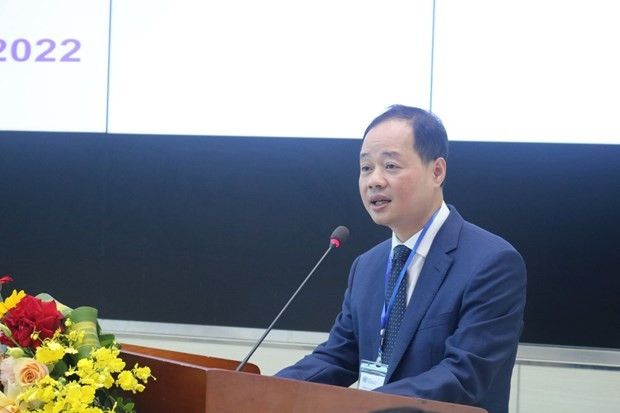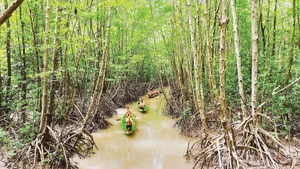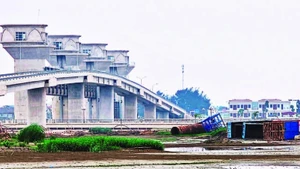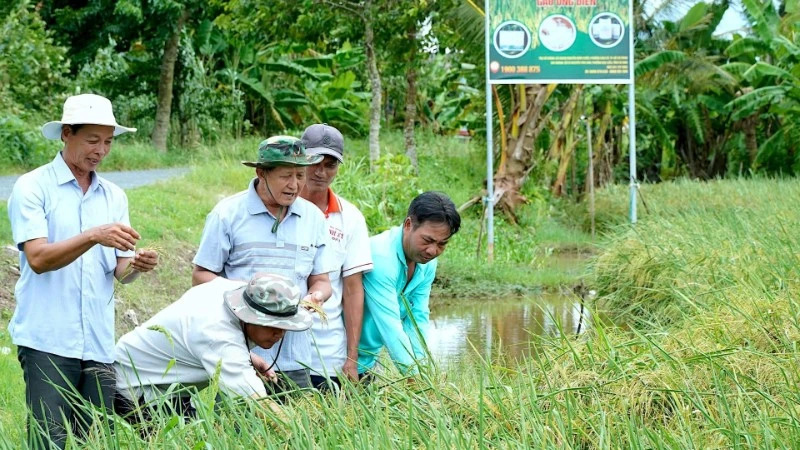The event also marked the completion of the Southeast Asian component of the project “Building Resilience to High-Impact Hydro-meteorological Events through Strengthening Multi-Hazard Early Warning Systems (MHEWS) in Small Island Developing States (SIDS) and Southeast Asia (SeA)”, which was funded by the Canadian government.
Addressing the conference, General Director of the Vietnam Meteorological and Hydrological Administration Tran Hong Thai said the SeAFFGS is part of the World Meteorological Organisation (WMO)'s global flash flood guidance system, which creates a connection and cooperation between the regional centre for supporting flash flood warnings in Southeast Asia and those across the world.
The Vietnam Meteorological and Hydrological Administration is proud to be selected to host the SeAFFGS, he said, noting that the system integrates many different data sources from satellites, radars, and automatic and topographic measurement stations to support forecasters with effective flash flood and landslide warning information.
As the regional centre for supporting flash flood warnings in Southeast Asia, Vietnam will manage two servers at VNMHA, which provide and exchange data and information with hydro-meteorological centres in Southeast Asia, and coordinate with member countries of SeAFFGS in exploiting and using products of the flash flood warning system in Southeast Asia to improve the forecasting and warning capacity of flash floods and landslides.
Hwirin Kim, Head of WMO’s Hydrological and Water Resources Service Division, stressed that Southeast Asia is a region that is heavily affected by flash floods and landslides in the rainy season so it was chosen to build the SeAFFGS, which is hoped to help the region minimise harmful effects of these disasters.
Participants also emphasised the need to improve the capacity of forecasting and warning of heavy rain and floods in small areas through continuing research and application of new technologies, and promoting cooperation among Southeast Asian nations and WMO in sharing data and raising public awareness of flash floods, landslides.
















